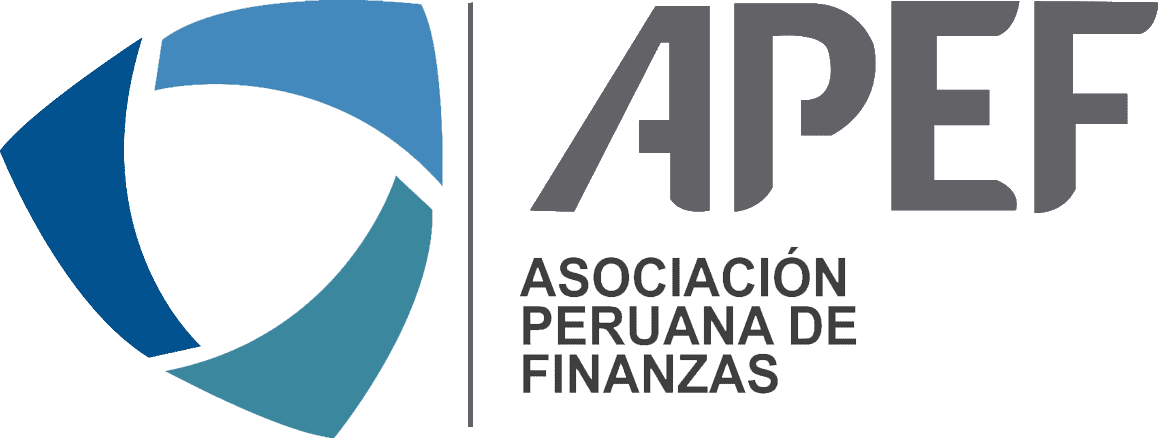
We keep our ear to the ground for the interesting stats, insights and discussion points you need to feel in the know and shape the future with confidence.
1. Your not-so-secret AI service

Agentic AI is your company’s very own “secret service”— and EY’s fleet of 150 tax agents already backstop 80,000 pros, autonomously crunching numbers, vetting compliance and triaging documents in real time. With regulators set to demand iron‑clad AI ethics by 2026, embedding governance now gives businesses a covert edge. These digital undercover operatives don’t just handle grunt work; they free up teams to strategize and spawn new roles like AI ethicist and “agent whisperer.” Fast‑forward to a 5G, edge‑powered world, and they’ll spot — and squash — network snags before you’ve had your morning coffee. The mission’s simple: deploy your AI task force before the competition goes all James Bond on you…
The Next Great AI Race: Why Enterprises Need to Be a First Mover with Agentic AI
2. License to lead

82% of people are using AI to improve how they live and work but only 57% are at ease with it, according to the EY AI Sentiment Index Study. There’s a mix of excitement and concern, and leaders need to harness that energy while addressing real worries. The trick is to make AI relevant and user-friendly. There’s a gap between willingness and actual use, driven by trust issues and the need for better tools. Leaders who can build confidence and demonstrate AI’s value will not only get people on board but also shape its role in society. Harnessing AI’s full capability requires leaders to instill confidence, not just technology…
How a license to lead can transform human potential in an AI world
3. Legacy leverage

The world’s largest family businesses are proving that old-school smarts meet modern-day momentum. The 500 companies in the 2025 EY and University of St. Gallen Global 500 Family Business Index are making waves, collectively generating US$8.8 trillion — up 10% from last year. With an average revenue of US$17.6 billion, these businesses could easily be the third-largest economy, just behind the US and China. Spanning 44 countries and industries from retail to advanced manufacturing, these businesses are making moves in mergers and acquisitions, showing they’re both agile and ambitious. Family businesses aren’t just about legacy — they’re driving the future of global commerce…
How the world’s 500 largest family businesses build and sustain value
4. Caught in the crossfire

Companies are finally realizing that ignoring geopolitical risks is no longer an option. A striking 94% have ramped up their focus on geostrategy in the past two years, and it’s about time. With mentions of geopolitical risks in corporate documents skyrocketing by 600% in 2022, these issues are making a serious impact on operations and reputations. Businesses are now reconfiguring supply chains, integrating political risk into investment decisions, and keeping their boards engaged. Yet, many executives are still caught off guard by political surprises. The silver lining? Those who proactively manage these risks are seeing tangible benefits. EY-Parthenon has identified five key habits that successful Geostrategists are using to outmaneuver the competition…
The five habits of successful Geostrategists
5. Mind over machine

What if the secret to winning with AI isn’t smarter tech — but smarter humans? At EY, where AI use has jumped 40% in just a year, the big reveal is this: the real game-changer isn’t the algorithm, it’s the attitude. EY’s three-step approach puts “super learners” at the front of the pack, training teams to treat AI like a partner, not a threat. And it’s paying off: 58% of GenAI users with strong training say it boosts productivity and frees them up for high-value work. Still, only 1 in 5 feel confident using advanced tools. So, if you want to future-proof your organization, start by making sure your team is the smartest thing in the room…
The ‘Super Learner’ advantage is the key to the human-AI era
If you do one thing:
Do something spontaneous.
Don’t miss a must read, find all the issues of the weekly must reads newsletter by EY on LinkedIn here.

